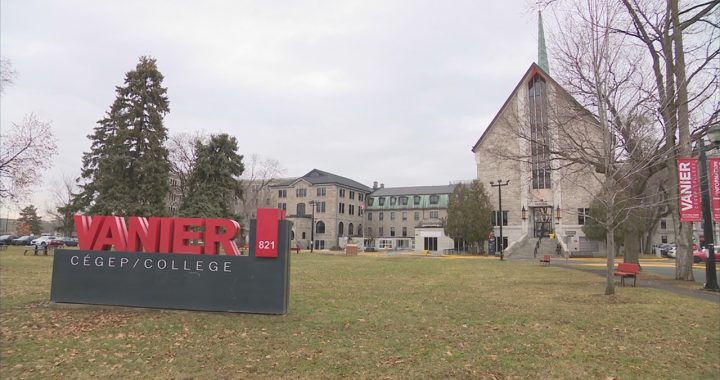Fayth Rose Alexis was born March 8, 1982 in Bella Coola, British Columbia.
Her mother Mavis Benson was just 16 at the time.
“Being really young and naive I just didn’t know what I was in for,” Mavis tells APTN News. “And after the labour I was just so exhausted and she was a beautiful little baby and I just totally fell in love with her when she was born.”
Soon after Fayth was born, Mavis left Fayth’s father because she claims he was abusive and moved back to her home community, Cheslatta First Nation near Burns Lake, BC.
Mavis’s parents helped raised Fayth while she finished school.
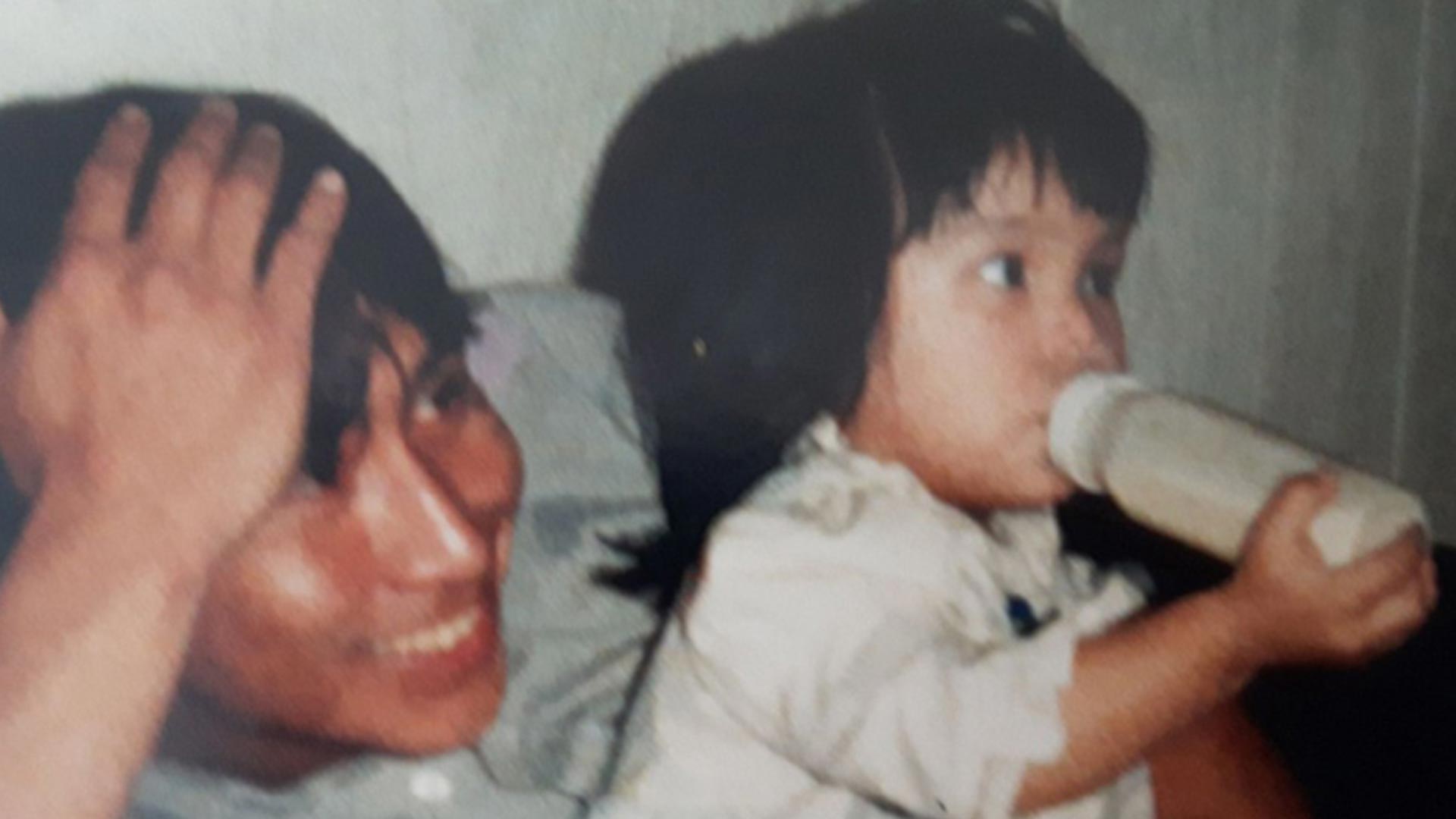
She says Fayth thrived in the stability of family life – and learned about her culture.
“She knows how to snare rabbits,” Mavis says. “I don’t know how to do that. She knows how to do the dry meat, knows how to dry fish, she knows how to cut it up.
“She knows all of our tradition and being close to her grandma was the most important thing in her life.”
Mavis says her daughter wanted to become a movie star and a model.
She was excited for her future.
In 2002 she attended the American Indian Film Festival in San Francisco, CA to pursue her goals and travelled to Hawaii to explore a new culture.
“She was a beautiful girl she was always energetic and full of life she just loved life she used to do everything she could,” Mavis says.
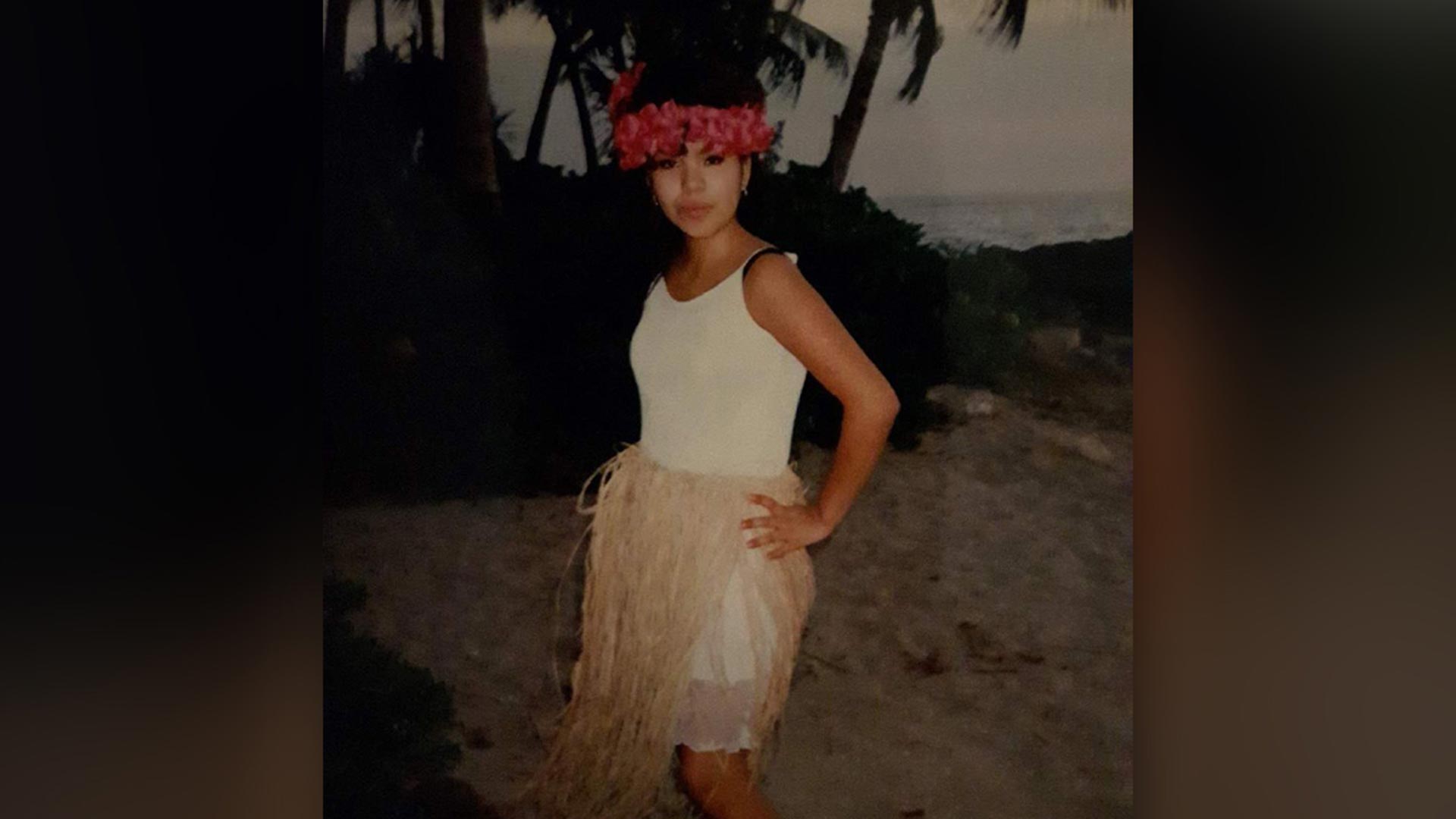
Eighteen years after that trip to Hawaii, Fayth is nearly unrecognizable.
Now 38, she lives on Vancouver’s Downtown Eastside – a permanent resident since 2008.
Addicted to drugs, she lives in a single room occupancy on East Hastings St.
Mavis says she got into pills and alcohol when she was about 16 after they moved to Vancouver.
In her early ‘20s, she got sober and had four children.
She left the father after she claims he was also abusive.
Mavis says Fayth tried hard to raise her kids on her own but suffered from post partum depression. Benson says she took custody of her three grand kids while the youngest was adopted.
She says then Fayth’s world turned upside down when her grandmother died.
“When her grandma passed away that’s when her world was taken from her,” says Mavis.
Vancouver’s Downtown Eastside
It’s a rainy day on Vancouver’s Downtown Eastside.
Mavis is no stranger to this place.
She and her friend Marlene Jack come to the notorious Vancouver neighbourhood on a regular basis looking for Fayth – something she’s had to do over the years because of her addictions.
This time there is a sense of urgency – the COVID-19 pandemic.
On the downtown eastside, social distancing orders aren’t being followed.
“She does have a lot of mental health issues and she needs to be in a safe environment like that especially with the pandemic,” said Mavis.
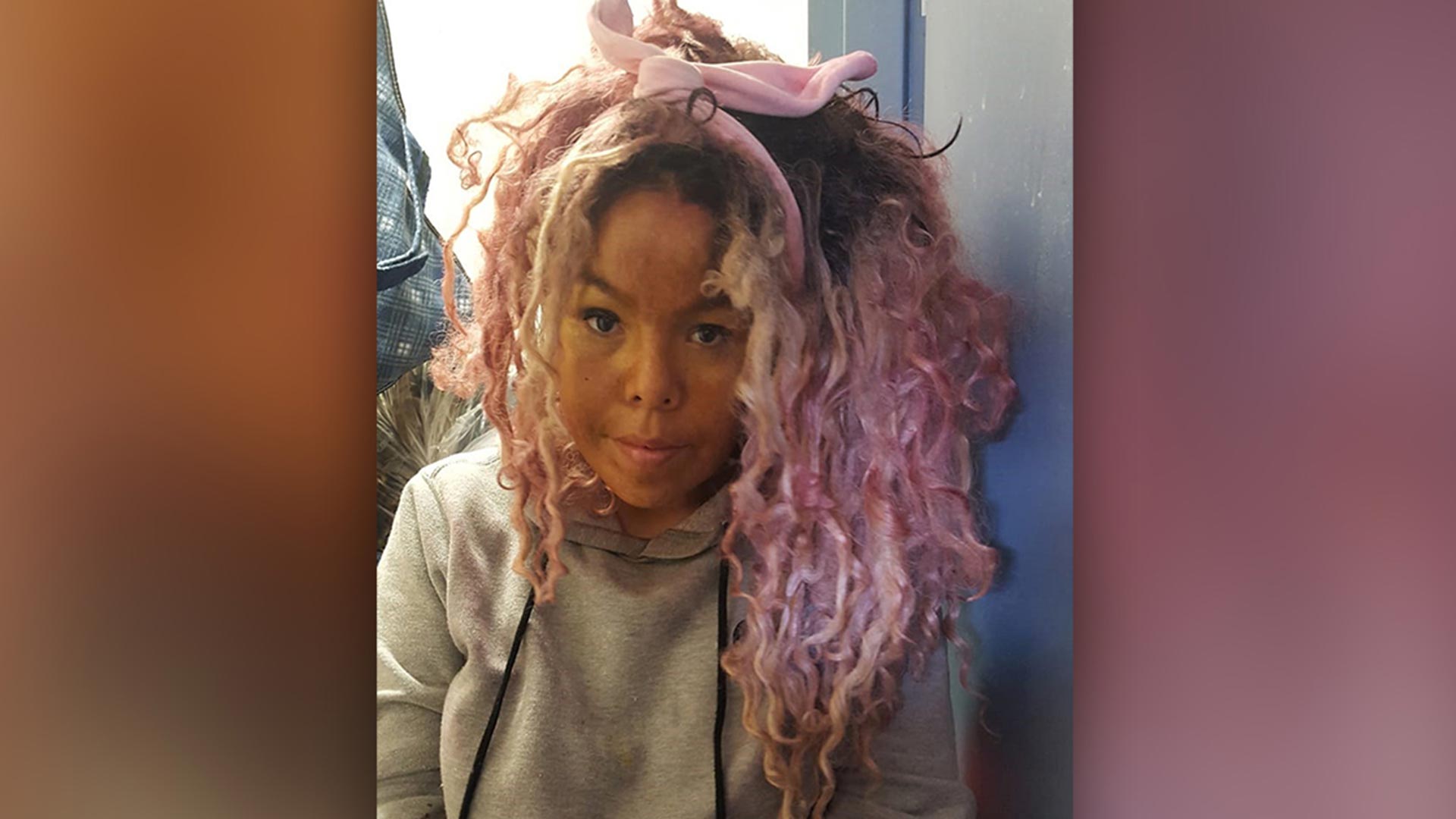
Mavis agrees to wear a GoPro camera for this story.
Hours into her search she finds Fayth on East Hastings outside of the building where she lives.
Fayth: “Hi – Hi – oh Mom is that you?”
Mavis: “Yes its me,”
Fayth: “Oh hi mom!”
Fayth says she’s just returned from the hospital and claims she tested positive for COVID-19.
She was discharged even though she has gaping open wounds on both her arms and hands.
Mavis: “How come they didn’t even look at your arms and wrap your arms?”
Fayth: “No I know, I know I know but they didn’t anyway they just discharged me and said if my cough gets worse to come back.”
Mavis: “You sound pretty bad.”
Fayth: “Yeah”
Fayth is one of thousands of people who are living in poverty on the downtown eastside where addictions are just a way of life.
She agreed to be filmed to show the reality of what it’s like living in this area.
For Fayth, years of addiction and not taking care of herself has resulted in poor health and a weak immune system making her a perfect target for the novel coronavirus that causes COVID-19.
Her room is infested with bed bugs and cockroaches and on the floor, piles of garbage and clothes.
The shower is filled with clothes and debris making it unusable.
Fayth readily admits to having a severe addiction to drugs – and is dealing with mental illness.
For her – the days are the same – finding drugs and doing drugs.
For people like Fayth, the pandemic has changed everything.
For starters, basic front line services are no longer available.
Making matters more dangerous for addicts, there is a no visitor policy in her apartment meaning she can’t use the “buddy system” and now she’s using alone in her room without the safety net of having someone near in case of an overdose.
For Mavis, it was on one of those visits with Fayth that she had a lucid moment and was able to ask her about going to treatment.
Fayth: “Do you think I’d want to go to treatment?
Mavis: I don’t know what do you think about it? I think you should because I’m really worried about you and I love you I want you to come home to us I want you to live with us what would gramma say if she was here? Gramma wouldn’t like you down here would she?”
Fayth: “No.”
Fayth Alexis
It’s not just Fayth’s struggle – it’s been a tough time for Mavis as well.
She’s a residential school survivor, as are her parents.
Mavis says she believes Fayth has inherited inter-generational trauma.
She says she’ll never give up on her daughter.
“I just feel like she’s dead inside,” she says. “You know when I go see her and I talk to her she just absolutely dead. It’s not the Fayth that I knew, not the Fayth that I raised.”
After months of advocating for her daughter, Mavis was finally able to get Fayth’s psychiatrist to certify her under the Mental Health Act. After calling police for a week to have her picked up, it happened on April 1.
Fayth was admitted to St. Paul’s Hospital where her wounds will be treated – and now Mavis fights to keep her in there long enough for her wounds to heal. She is hopeful Fayth will also agree to going right into treatment too.
Meanwhile, Mavis received $3,800 from her band to hire a hazmat team to clean her room.
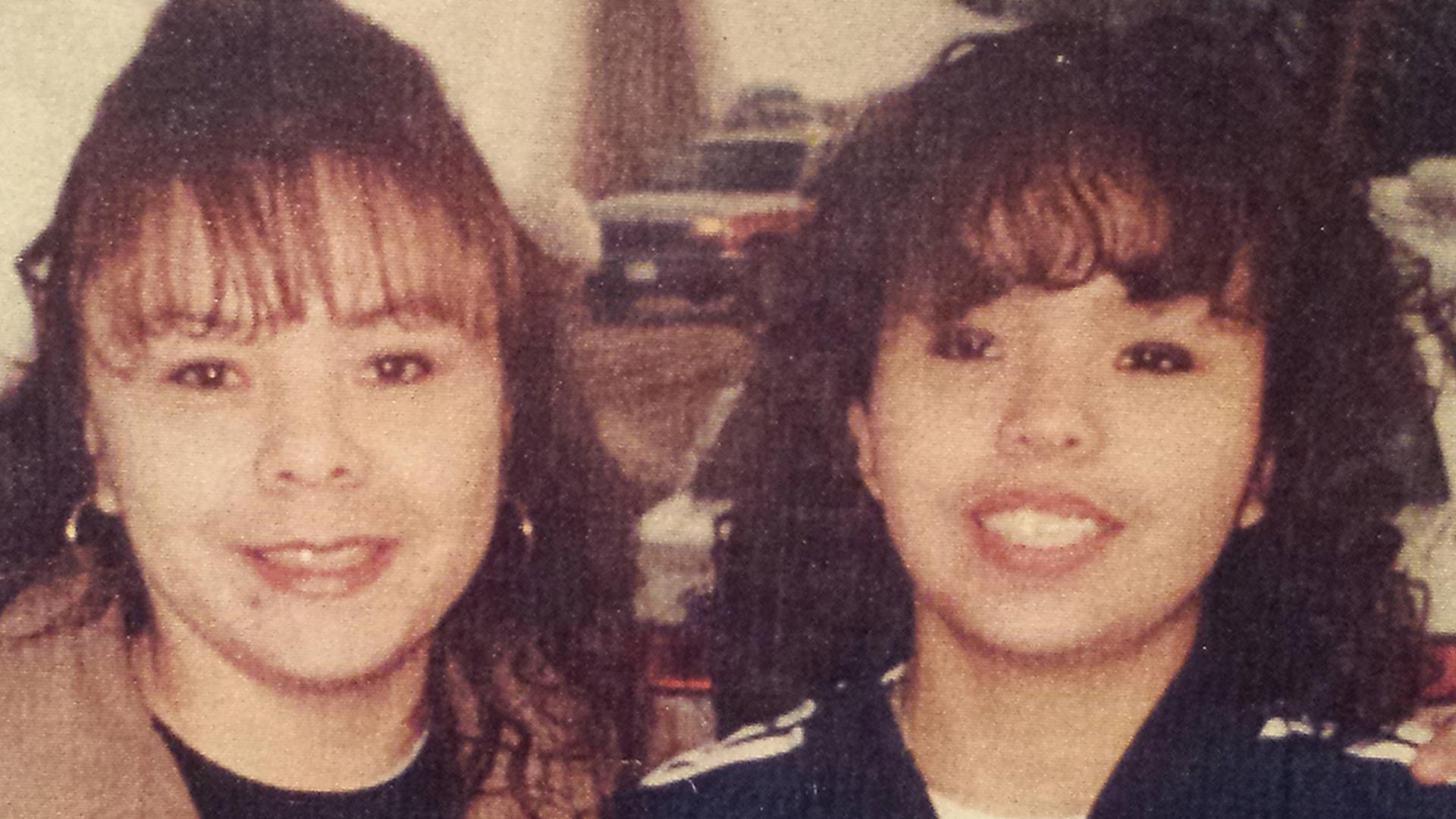
The stress has taken a toll on her.
“I will never leave her I just need her to know that I will always be here for her and I love her no matter what,” she says.
While going through her room, there mixed in a pile of debris, Mavis finds a poem that her daughter wrote.
Could this finally be the answers to so many of her questions about how did it get so bad for her daughter?
Later, on a beach blanketed by a setting sun, Mavis finds the strength to read it.
“When my grandma died so did I my world my heart, my soul she was. Gramma please come back. I will follow you, only no more lonely road, no more noise, no more anger and no more self hate in my head. I will pull thru I will. I hear karma calling. It’s bad cuz I’m bad I’m confused I don’t know why I had no choice to be here. There was no exit button, none. There is still no exit button so please don’t come here please please don’t come here.”
For now, Fayth is in hospital sober and COVID free. As the sun sets on another day, Mavis prays her daughter finally gets the help she needs.




